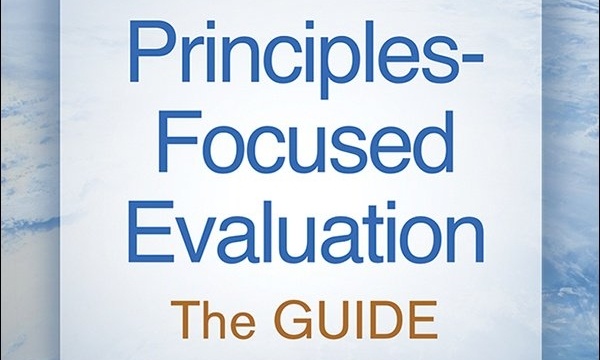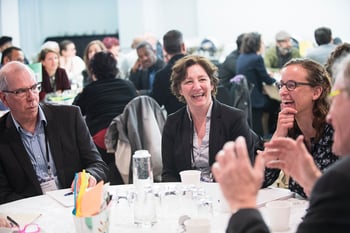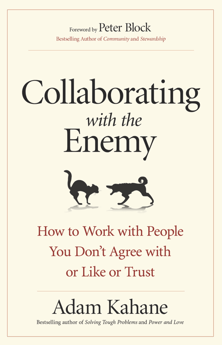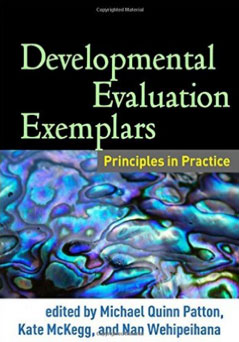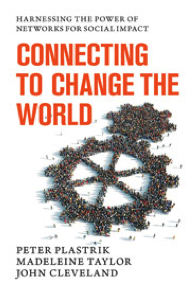Principles-Focused Evaluation: Newest Approach for Evaluating Complex Change Efforts
One of the toughest challenges for social innovators and evaluators is to describe the “it” they are trying to evaluate. While they typically have a general idea of the outcome they would like to see (e.g., an end to homelessness, addressing mental health issues, a feeling of inclusion), they often struggle to lay out the pathway(s) to get there. This makes it difficult for both parties to land on questions, indicators and/or methods around which to build an evaluation design.
Read More

